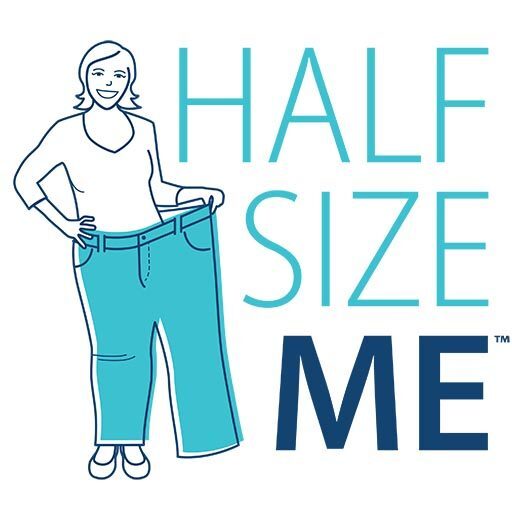Les Mills Pump Customer Review: The Home Workout Kit, Part 1 of 2
In part one of this Les Mills Pump review two-part series, I review the components of the Les Mills Pump at-home kit. I’m not a Beachbody coach and I’m not selling Les Mills Pump, so my take on it is …
Les Mills Pump Customer Review: The Home Workout Kit, Part 1 of 2 Read more »


